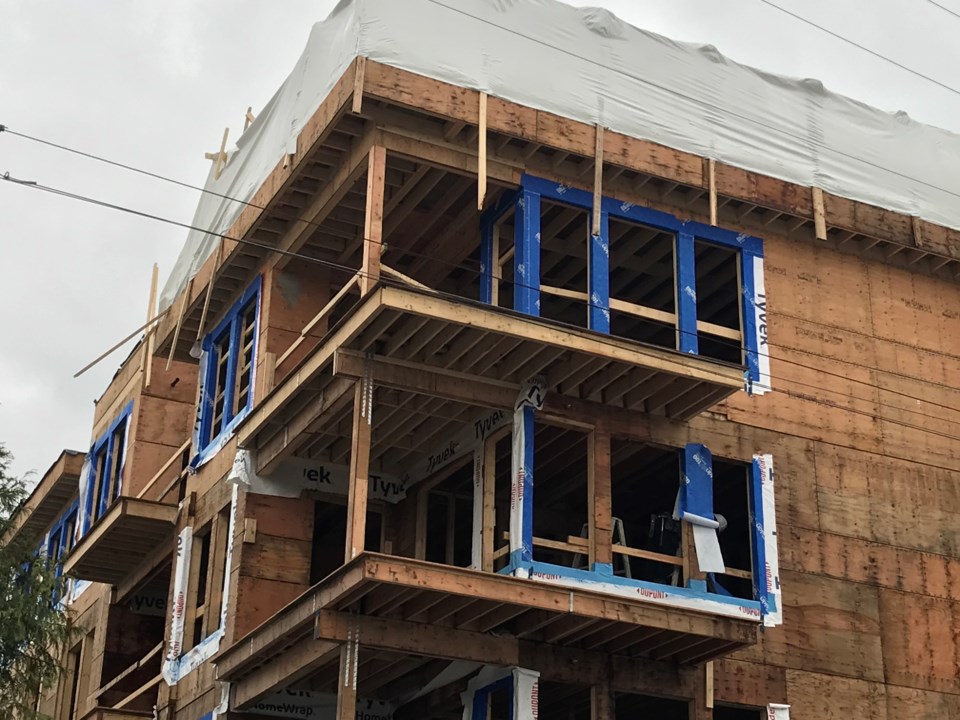It’s not a coincidence that the majority of lawsuits listed daily in the “Who’s Suing Whom” section of Business in Vancouver are construction related. When you combine big money, unrefined technology platforms, limited formal training (academic or otherwise) and big egos, past performance is an indicator of future failure.
What should be a surprise, however, is how this annual $150+ billion-dollar industry (in Canada alone) has not evolved at a similar pace to comparable business sectors. For example, industries like the tech sector, pharma-science and manufacturing share the same legal system yet generate only a fraction of the legal disputes. Why then is construction such a black eye on the face of our justice system?
First, let’s address “how we got here.”
The construction industry generates billions in transactional revenue annually. Sufficient funds are being generated to warrant investment in construction technologies but we have yet to see a specialized technology platform become industry standard. Barring the general acceptance of a gold standard platform construction companies continue to choose disparate platforms to accomplish their individual goals. The communication chasms between these technologies are where many disputes arise, fester, and ultimately metastasize into legal tumours.
The second challenge is the following: whether or not one views academic accomplishments as a measure of professional capacity, it is clear that graduates of a “system” are generally familiar with how to work within that system.
In construction, it is very common for leaders to begin their careers on-the-tools. After some time they either start their own company or earn management positions within their organizations. In neither example are the individuals developed within a “system” (like doctors in the medical system) and as a result, project management, negotiations and conflict resolution are not performed using generally accepted rules of conduct.
In fact, if a cultural construct is to be attributed to the construction industry, it would be “might makes right.”.Well-financed builders often take advantage of unsophisticated companies, knowing full well that the smaller companies are unable to afford prolonged legal battles and are often unaware of their basic legal rights.
Most small companies back down from legal challenges, validating the larger company’s nuclear legal strategy. The small percentage of disputes that do advance to the judicial system still overshadow all other industries’ cases which is dismal indicator of the overall number of contractual disputes in construction.
The third and final issue is ego. Construction remains dominated by males, many of whom are intelligent yet unsophisticated business leaders. It’s clear that individuals operating without training in communications and conflict resolution are more likely to inflame disagreements than those educated and aligned in a values-based system. Adding human ego to the fire all but guarantees that rational solutions are artifacts to be buried under parking lots.
The solution:
A single, qualified and unified association of construction leaders and representatives needs to be created. Optimally, they would reach consensus regarding the following (and more):
-
Create a standardized process and paperwork required for all permit and development-related applications. This would be presented to authorities at all levels for their feedback, modifications and be finalized and rolled out province / country wide. This will shorten the application process, create predictability for projects and decrease costs for everyone including end buyers.
-
Review and select a gold standard construction technology tool set. If the majority of companies use the same software and processes it will eliminate gaps in communication, misunderstandings, schedule conflicts and more. This will save significant time and money for everyone involved in a construction project including the end buyers.
-
Agree to accept without changes the Canadian Construction Documents Committee’s construction contract templates. By design, these templates are legally fair and balanced but are regularly edited after-the-fact by affluent builders, developers and general contractors. The resulting punitive contracts leave small construction companies with few legal rights, promoting a culture of bullying instead of partnering.
-
Develop and roll out an industry code of conduct to which all members of the Association will commit to respect and support. Other industries such as real estate have successfully self-regulated to ensure integrity and fairness to all parties. As we know, bad stuff flows downhill. If a culture of respect is adopted and maintained by construction leaders it will raise the bar for everyone in the industry.
The construction industry has the potential to become a leading example of how to adapt to new technologies, commit to a positive culture and develop future generational leaders. It won’t be a full rebuild but it will certainly require a renovation.
Neil Belenkie is the CEO of Ascent Drywall and Coatings, a serial entrepreneur, and former mayor of Belcarra.



